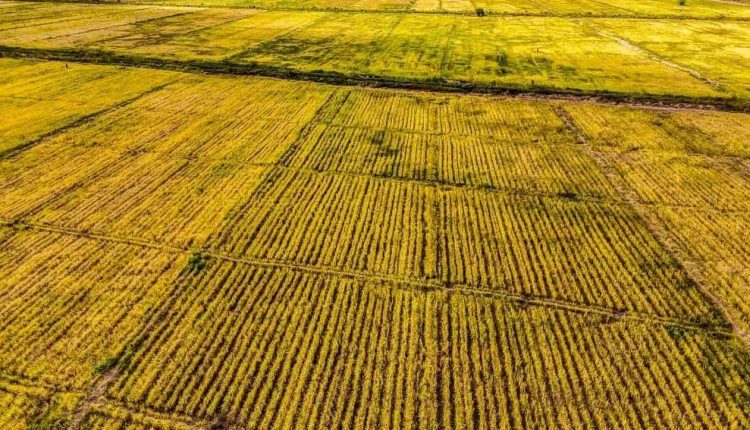DPM Temesgen praises promising rice cultivation in Somali Region
Addis Ababa, August 27, 2024 (FBC) – Ethiopia’s Deputy Prime Minister Temesgen Truneh today visited the Shabelle Zone in the Somali region, where he launched the harvesting of irrigated rice in the Beerano woreda. Temesgen praised the promising rice cultivation, which aligns with the country’s goal of achieving food self-sufficiency.
The Deputy Prime Minister emphasized that the government has been starting with small-scale initiatives and expanding them into larger ones.
He mentioned that Somali region is one of the seven areas in Ethiopia where rice can be grown, and large-scale rice production has also started in Amhara and Oromia regions. Temesgen asserted that diligent efforts will be made to mirror the results achieved with wheat in order to be self-sufficient in food.
For his part, Mr. Mustafe M. Omer, chief administrator of the Somali regional state, noted that the test of irrigated rice cultivation in the area started in March 2024. In 2018, the total land cultivated in the area was 390,000 hectares, and last year it reached 887,000 hectares of land, the chief administrator stated.
Additionally, the total production increased from a meager 7 million quintals 6 years ago to 26.5 million quintals last year.
Mustafe underscored that he is pleased with the rice production for the first time in the area under irrigation, which showcased the potential of the region to produce other agricultural produces in the future. He mentioned that the beginning is of great importance for the transfer of agricultural knowledge and technology in the region, asserting that the idea of self-sufficiency in agricultural activities will be realized in practice by utilizing the vast arable land in the region.
Minister of Agriculture Girma Amente stated that efforts are being made to cover the demand for rice production by the country’s own capacity, adding that the country managed to cover 50 percent of it with domestic production.
In terms of augmenting agricultural production and productivity, besides wheat and barley, the country aims to cover the demands for rice and ensure food self-sufficiency with mass production of rice, he explained.



